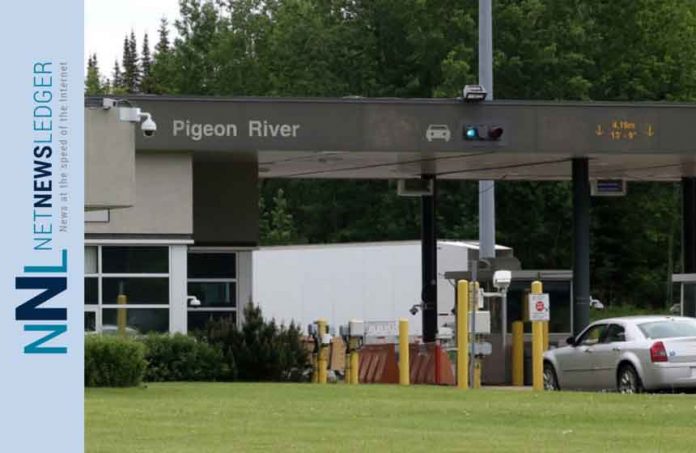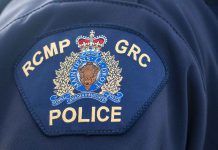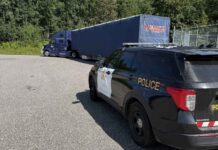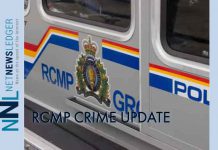THUNDER BAY – LIVING – Calling all hikers, runners, cyclists, hunters, fishers, campers, horseback riders, ATV riders and boaters! With the warmer weather returning, the CBSA wants to remind you of your responsibilities when it comes to crossing the border into Canada. Whether coming to Canada by land or water, following these guidelines will help ensure a safe and enjoyable summer for all:
- Be aware of all entry requirements for coming to Canada before leaving on your trip. For more information, visit: Border Reminder Checklist.
- Report to an official port of entry, no matter how remote your location. The minimum fine for failing to report to the CBSA upon entry to Canada is $1,000. If you are a foreign national, non-compliance with these reporting requirements may affect your admissibility and ability to re-enter Canada in the future.
- Make sure you have all required identification and travel documentsin hand.
- Entering Canada through a remote part of the country? There are special permits that you may be eligible for:
o Remote Border Crossing Permit holders can cross the Canada-United States (U.S.) border in the following remote areas: Pigeon River through to and including Lake of the Woods, the Canadian shore of Lake Superior, Cockburn Island, Sault Ste. Marie (upper lock system) and the Northwest Angle Area.
o The Pacific Crest Trail (PCT) is a long-distance hiking and equestrian trail on the Canada-U.S. Pacific Coast. To enter Canada via the PCT, you must obtain permission from the CBSA and carry a digital or paper copy of your entry permit with you at all times while in Canada.
Hunters:
- Firearms: You must declare any firearm you have with you to the CBSA. Be sure to check the rules on importing firearmsand other restricted and prohibited goods, which includes certain knives.
- Poultry and birds: Carcasses of hunted wild game birds originating from the United States are permitted into Canada with a hunting permit. Check the latest Information for travellers: Restrictions on poultry and birds from the United States.
- Bear Hunters: Any bear bait imported for personal use that contains raw animal products or by-products (meat, fish, eggs, or milk products) is prohibited.
Campers: Bringing firewood from outside of Canada is not permitted as it could have invasive insects and/or diseases in it. Help protect our forests; buy local and burn local.
Advice for all travellers entering Canada by water; including fishers and boaters:
Be aware of all entry requirements for coming to Canada by boat before leaving on your trip. For more information, visit: Reporting requirements for private boaters.
- Help us protect Canada from invasive species:
- o Ensure all boats, trailers, vehicles, and other conveyances, are free of Zebra and Quagga mussels, whether they are alive or dead.
o Ensure towed boats are cleaned, drained and dried.
o Check official federal, provincial or territorial government websites for laws and regulations on bait for recreational fishing.
- Organizing a boating event and you will be in Canadian waters? You must contact the local CBSA officein your area as far in advance as possible and request that arrangements be made to accommodate the clearance of participants in your event.
Not sure? Ask a CBSA officer. The best thing you can do to save time is to be open and honest with the CBSA officer. Be sure to follow all instructions they provide to you. If you are not sure about what to declare, don’t hesitate to ask. Our officers are here to help! You may also contact Border Information Service (BIS) line toll-free within Canada at 1-800-461-9999 for more information.
Associated links






